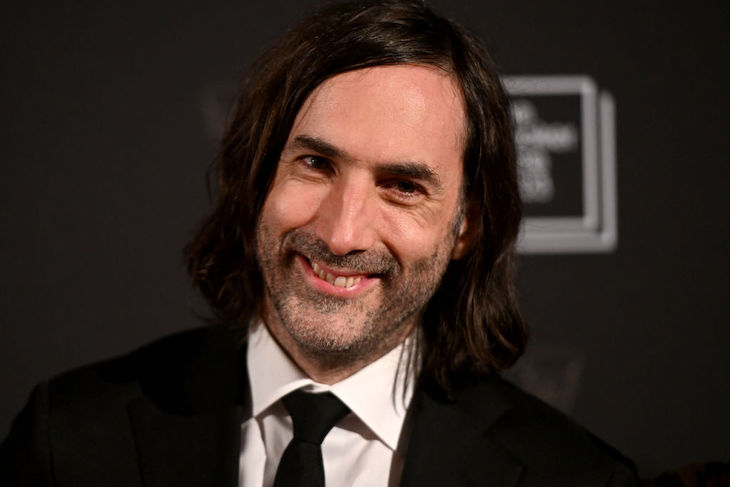The 2024 Booker winner, Paul Lynch’s Prophet Song, is a vastly admirable book, but there is something deeply odd about it: it is a novel about a dystopian coup that takes down Ireland’s ‘liberal democracy’, not about the dystopian coup that was actually happening at the time it was written.
By definition, most novels are stories rendered from imagined events, set in the past, present or future.
Already a subscriber? Log in
Subscribe for just $2 a week
Try a month of The Spectator Australia absolutely free and without commitment. Not only that but – if you choose to continue – you’ll pay just $2 a week for your first year.
- Unlimited access to spectator.com.au and app
- The weekly edition on the Spectator Australia app
- Spectator podcasts and newsletters
- Full access to spectator.co.uk
Or




















Comments
Don't miss out
Join the conversation with other Spectator Australia readers. Subscribe to leave a comment.
SUBSCRIBEAlready a subscriber? Log in